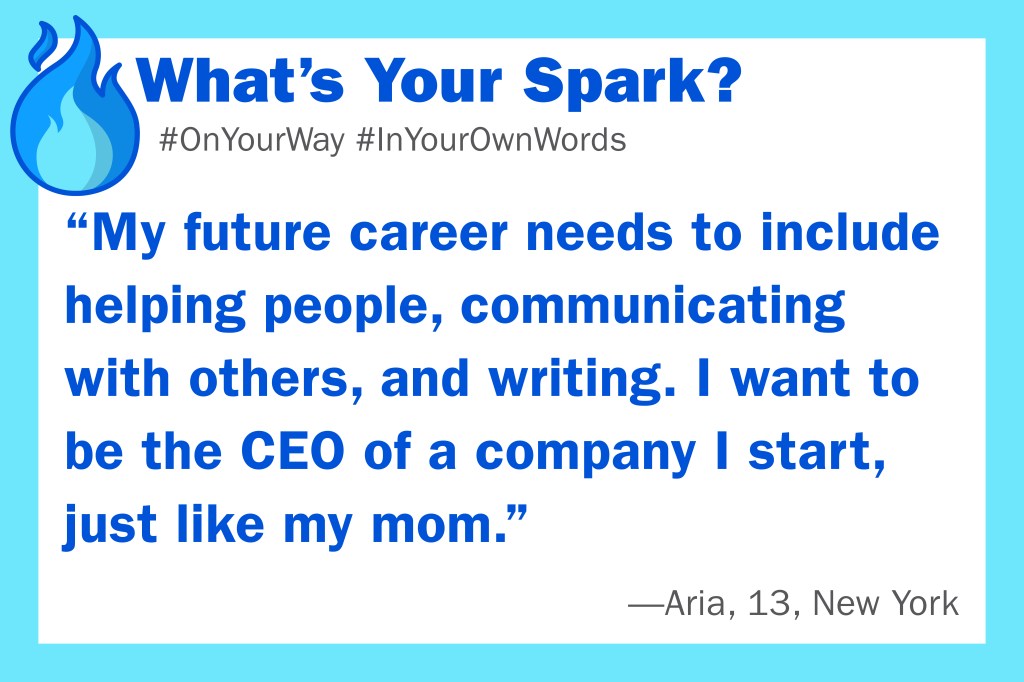The Business of Sharing
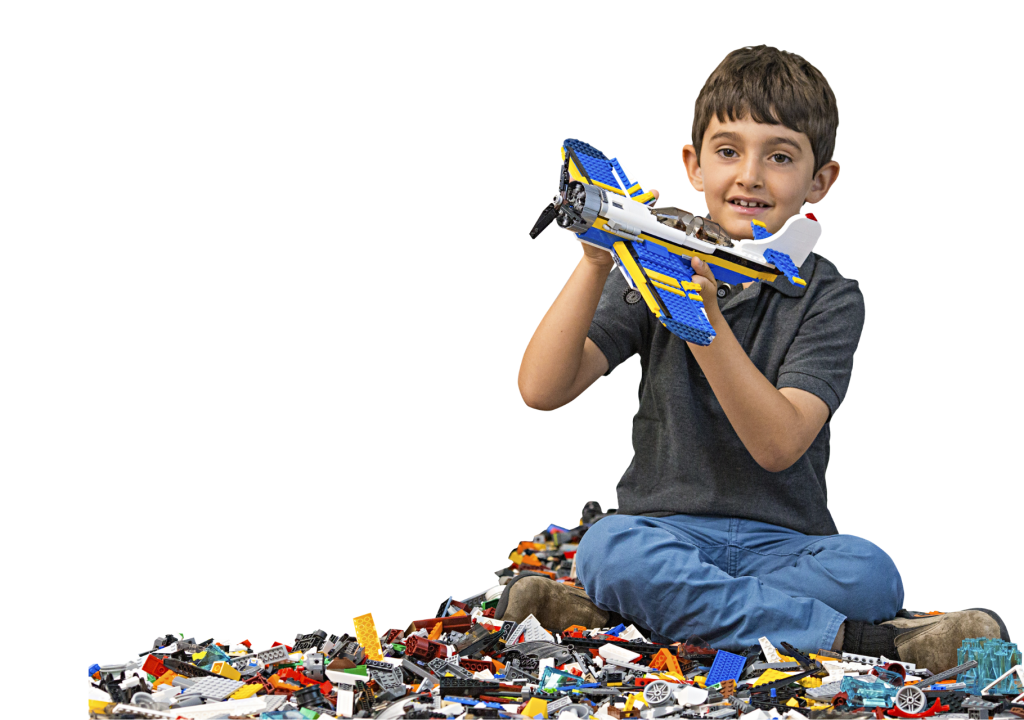
Think about the toys you own. How many of them have you played with lately? A 2010 British study found that the average 10-year-old owns 238 toys but plays with just 12 on a daily basis. That's a lot of unused toys!
Why not rent toys? It would reduce waste and save money, says Ranan Lachman. He started Pley, a rental service for Legos, when he realized he was spending thousands of dollars on sets for his son.
For a monthly fee of $15 to $40, Pley subscribers can receive Legos from the company's collection. A new set sells for as much as $400. When a user returns a set to Pley, he or she receives another one to build. Users can earn credit by donating old bricks, which are used to replace missing pieces. Pley cleans each set before sharing it. "With Pley, families are getting unlimited Lego play for a year for the price of a new set," says Lachman.
Pley, which launched in 2013, is just one of the services that has sprung up in the new sharing economy. Goods range from bikes to athletic gear and even pets.
Yerdle is an app for giving and getting used items. Users earn credits for giving something away on Yerdle. The credit can then be used to get other products. Rachel Barge, an executive at Yerdle, says four out of five items in homes are used less than once a month. "You have to give to get on Yerdle," Barge says.
Brandee West lives in Richmond, Kentucky, with her husband and two children, ages 6 and 7. She uses Yerdle frequently. Her kids choose items to list on Yerdle when they are cleaning their rooms. "I want to teach my kids that if it serves a need as a used product, then it's better for us, our town, our environment, and the economy," West says.
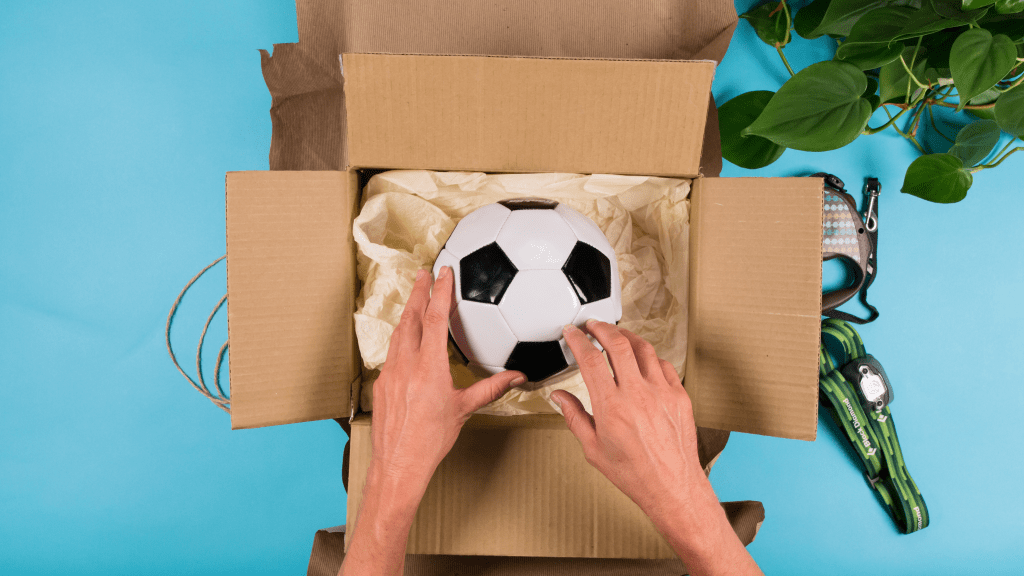
Yerdle users ship items they no longer use to new homes.
COURTESY YERDLERent-a-Ride
Some of the new businesses are updates of old-school rental companies. But thanks to smartphones and social networks, it is easier than ever to share, swap, rent, and buy used items. From Chicago, Illinois, to Chattanooga, Tennessee, cities have rolled out bike-share programs. Racks filled with bikes are placed around the city. A rider can check out a bike and return it to any open rack for the next rider to use.
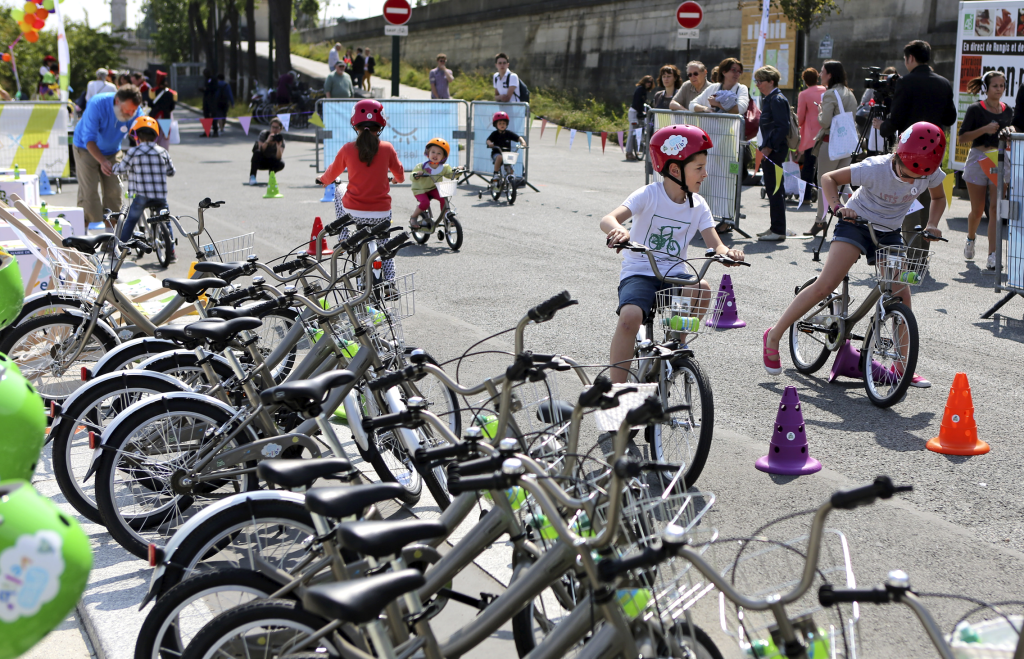
Kids try out bikes from a new children's bike-sharing program in Paris, France.
REMY DE LA MAUVINIERE—APThis year, Paris, France, became the first city to make a bike-sharing program available for kids. "We are preparing for the future of Paris, a city open to green transport, which is clean and shared by all ages," says Paris's mayor, Anne Hidalgo.
Sharing Is Caring
Rather than offer a product, some companies offer opportunities for users to make money. RelayRides lets car owners rent their cars to others. DogVacay connects dog owners to people willing to provide a temporary home for Fido.
But sharing services require trust. "There's always a risk that someone won't treat your stuff as well as you want them to," says Arun Sundararajan. He is a professor at New York University's Stern School of Business. But, he adds, attitudes change when you share more.
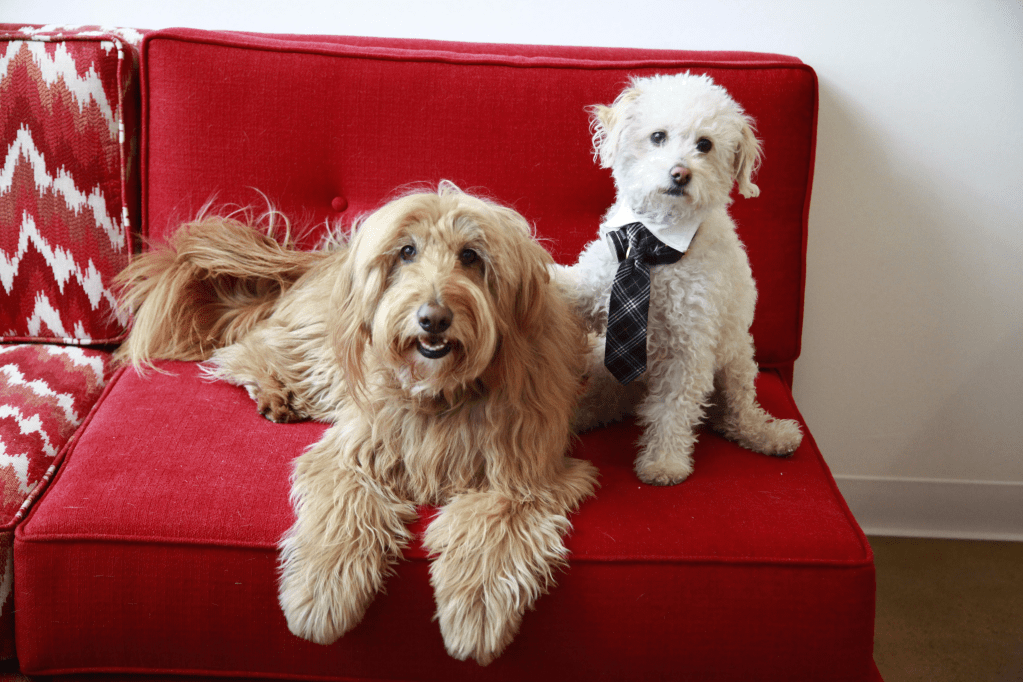
These pups get a vacation home through DogVacay.
COURTESY DOGVACAYBarge thinks adults have a lot to learn from kids. "Kids naturally have a lot of sharing behavior," she says. "Adults are learning that it's fulfilling to have the joy of seeing someone else using something that has been sitting idle."







